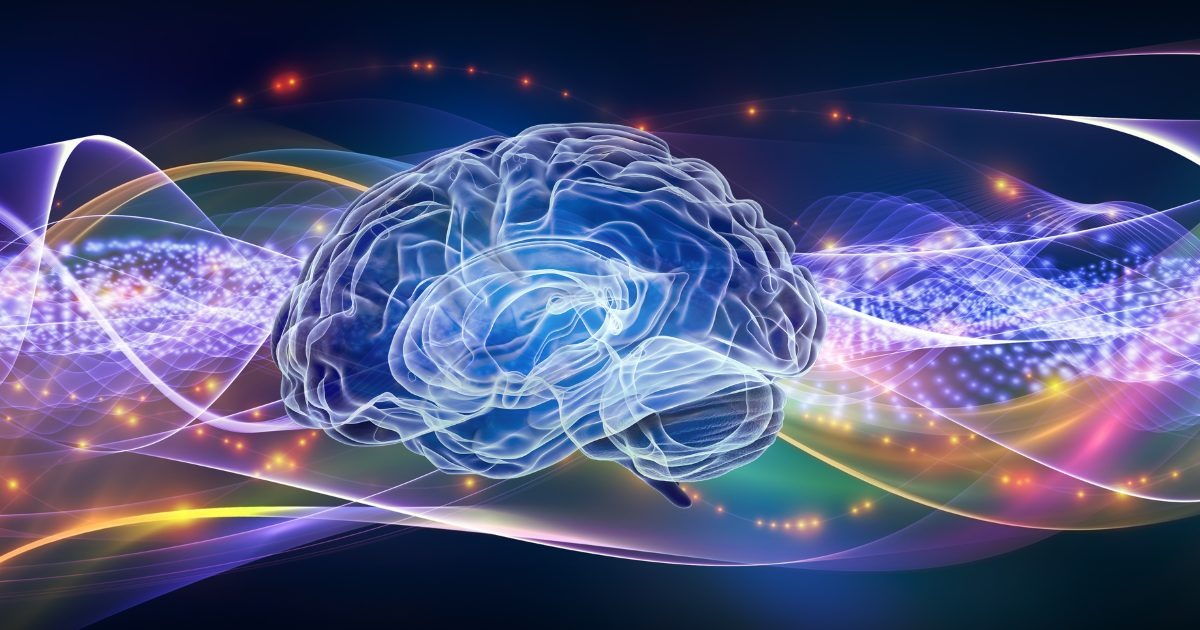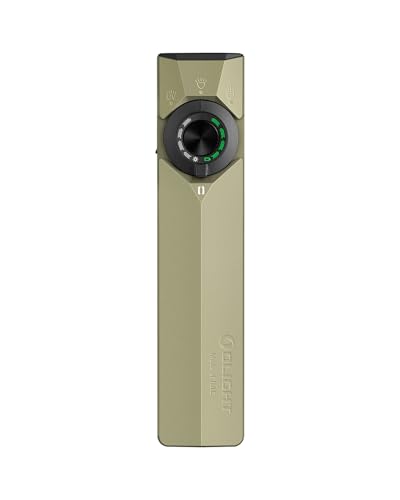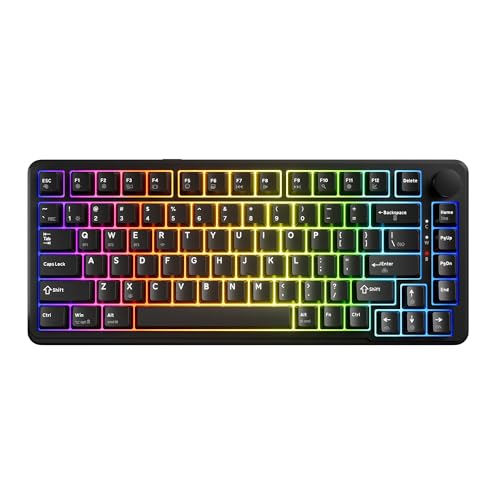Apple is orchestrating a silicon symphony that spans from eyewear to server farms, composing custom chips that could redefine multiple tech categories at once. The Cupertino maestro is quietly arranging the notes for its next decade, with specialized processors that promise to power everything from camera-equipped glasses to cloud servers handling millions of AI requests.
While Meta’s been shipping camera-equipped Ray-Bans that practically scream “yes, I’m recording you” from across the room, Apple is designing smart glasses you might actually want to wear in public. Powered by a specialized chip known internally as N401, these glasses ditch the AR headset approach for something more practical.
The N401 chip borrows its energy-sipping DNA from the Apple Watch, which means you could make it through dinner without your glasses awkwardly dying between the appetizer and main course. For anyone who’s ever frantically searched for an outlet at a coffee shop, this focus on battery life feels like the tech equivalent of finding a bathroom with no line.
Imagine walking past that new restaurant and your glasses quietly letting you know your friend left a five-star review, or automatically translating a foreign menu as you glance at it. These glasses aim to bring Apple Intelligence to your field of vision without making you look like you escaped from a sci-fi movie set. Mass production could begin as early as 2026, putting them on faces by 2027.
This processing powerhouse will handle Apple Intelligence requests in the cloud, replacing the company’s current use of Mac-grade processors. With configurations testing up to 256 CPU cores and 640 GPU cores, Baltra represents an eight-fold increase over Apple’s current M3 Ultra chip. It’s like watching someone upgrade from acoustic to electric guitar – same basic concept, exponentially more power.
Mac users aren’t being forgotten either. The M6 system-on-chip (“Komodo”) arrives in 2026, followed by M7 (“Borneo”) in 2027, continuing the Intel breakup that began in 2020. A separate advanced chip codenamed “Sotra” is also in development, though details remain as scarce as PlayStation 5s during launch week.
Manufacturing duties fall to Taiwan’s TSMC, Apple’s silicon relationship partner for years. This partnership has been crucial for Apple’s chip strategy, though it carries geopolitical baggage heavier than last-gen MacBooks.
These developments expand Apple’s AI initiative across its ecosystem. The company has already brought on-device AI to iPhones for summarizing notifications, rewriting emails, and integrating with ChatGPT – though results have been as hit-or-miss as Netflix original series lately.
From glasses whispering contextual info into your day to server farms powering millions of AI requests, Apple’s silicon revolution isn’t just about faster chips – it’s about building an AI ecosystem that keeps you comfortably locked within their universe. The real question isn’t whether Apple can execute this ambitious roadmap, but whether we’ll find these AI advances compelling enough to hand over even more of our digital lives to the company that already knows when we go to bed.





























